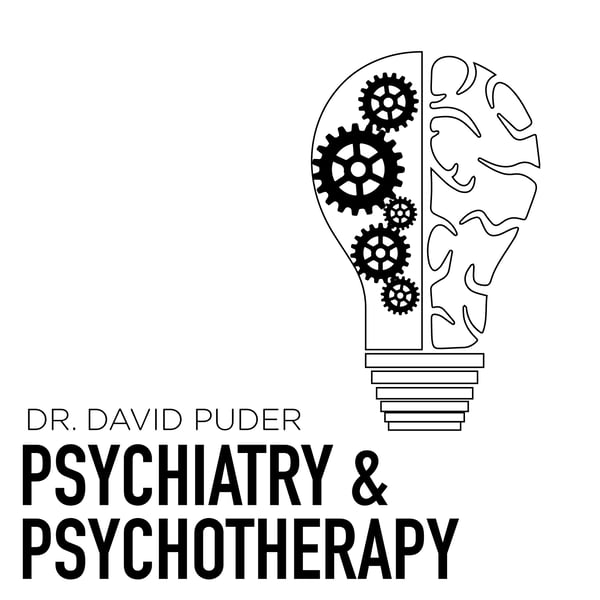Reflective Functioning: The Key to Attachment with Dr. Howard Steele
Psychiatry & Psychotherapy Podcast
David J Puder
4.8 • 1.3K Ratings
🗓️ 17 May 2024
⏱️ 95 minutes
🧾️ Download transcript
Summary
In this episode, we discuss “reflective function,” which is a precursor to the concept of mentalization. Reflective function is best understood not as synonymous with mentalization, but as a scale from -1 to 9, based off certain adult attachment interview questions that measure the person’s ability to describe their own and others’ internal states, motivations, and articulate a nuanced and unique understanding of life from 0 to 12 years old. This scale was developed by attachment researchers at the University of London, including Dr. Howard Steele and Dr. Peter Fonagy.
Transcript
Click on a timestamp to play from that location
| 0:00.0 | Welcome back to the podcast. I am joined today with Dr. Howard Steele. He is a full professor |
| 0:19.7 | in psychology at the department in the new school for social research in New York City. |
| 0:27.2 | He has written multiple books on attachment. He is the chief editor of a journal article |
| 0:34.9 | called Attachment and Human Development. He was co-author in the initial reflective |
| 0:41.6 | function manual with Fonegi and he is, I would say, he's the top voice on reflective |
| 0:52.0 | function. He teaches it every year. He teaches a course on reflective function and if you've |
| 0:58.5 | been listening to this podcast for a while, you know that I have been interested in mentalization |
| 1:04.0 | based therapy, which Fonegi and Bateman created. Interestingly, I found out recently that Fonegi |
| 1:10.5 | and Dr. Steele co-authored the reflective function manual. This manual is something I became |
| 1:16.0 | very interested in because there was an article that I got exposed to I found, which was really |
| 1:22.4 | looking at what separates the best therapists versus average therapists. In this article, |
| 1:29.1 | they split therapists into three groups. They looked at their outcomes with their patients through |
| 1:33.6 | the OQ45 point, which is one of the best ways of tracking session to session change in someone. |
| 1:41.7 | So they were following a bunch of therapists' patients and they split them into three groups |
| 1:47.6 | and they found that the therapists with the highest reflective function had the best outcomes. |
| 1:54.8 | And it was 70.5 percent of what made the best therapist the best therapist. This was kind of like |
| 2:01.3 | for me, you know, usually in research when we look at common factors, we see correlations of |
| 2:07.1 | point three. This is huge. This was a huge sort of like, oh wow, I got to look at this manual. |
| 2:13.5 | And Steele was one of the authors of the manual. And so we've been in conversation about |
| 2:19.0 | reflective function. And I thought, why not bring in the expert himself, who has written books |
| 2:25.7 | on this, who does courses on reflective function. So Dr. Steele, welcome to the podcast. |
| 2:31.5 | Thank you so much for being here today. So maybe just to kind of like |
... |
Transcript will be available on the free plan in -317 days. Upgrade to see the full transcript now.
Disclaimer: The podcast and artwork embedded on this page are from David J Puder, and are the property of its owner and not affiliated with or endorsed by Tapesearch.
Generated transcripts are the property of David J Puder and are distributed freely under the Fair Use doctrine. Transcripts generated by Tapesearch are not guaranteed to be accurate.
Copyright © Tapesearch 2025.

